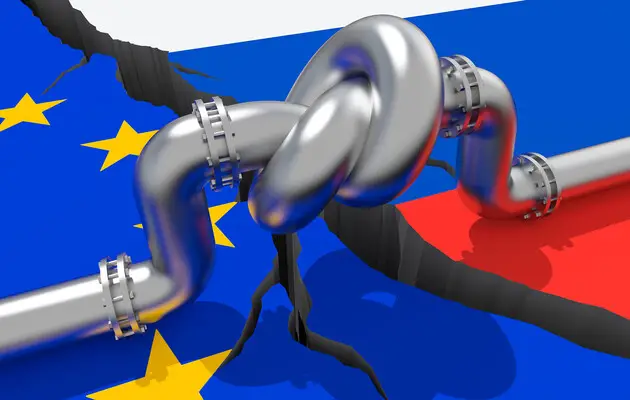Germany got rid of dependence on Russian gas supplies and replaced it with imports from Norway

In the future, the country plans to further reduce its consumption, and the agreement between Sefe and Equinor provides for the replacement of gas with hydrogen from 2029
Before the Russian invasion, Gazprom supplied more than 60% of Germany's gas consumption, but since then the country has been successfully meeting its energy needs without Russian gas. Currently, more than 60% of Germany's gas consumption is supplied by Norway. After Gazprom left this market, Norway became the main gas supplier for Germany.
During this period, the parties have signed several agreements, and the most recent deal between the German state-owned energy company Sefe and Norwegian Equinor worth EUR 50 billion will supply one third of Germany's industrial gas demand. Norway's share of gas supplies is expected to reach 60%.
Political overlap between Germany and Norway reduces the risk of disruptions, but the large network of pipelines connecting Norway to the continent can create technical problems. However, thanks to the extensive supply network, gas can be routed through other routes.
Due to the expansion of LNG imports and reduced consumption, average monthly gas supplies have decreased by 25% compared to last year. Germany is also planning to further reduce gas consumption as part of its green transition, replacing it with hydrogen supplies from 2029 under an agreement between Sefe and Equinor.
Currently, the gas price in Europe is around 34 euros/MWh, which is 10 times lower than in August 2022, when it exceeded 340 euros.









